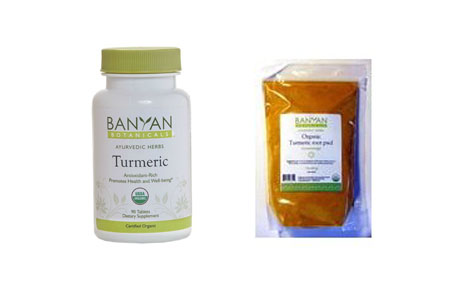Rutin as a Potent Antioxidant: Implications for Neurodegenerative Disorders Including Glaucoma
A wide range of neurodegenerative diseases (NDs), including Glaucoma, Alzheimer's disease, Parkinson's disease, Huntington's disease, and prion diseases, share common mechanisms such as neuronal loss, apoptosis, mitochondrial dysfunction, oxidative stress, and inflammation.
Intervention strategies using plant-derived bioactive compounds have been offered as a form of treatment for these debilitating conditions, as there are currently no remedies to prevent, reverse, or halt the progression of neuronal loss. Rutin, a glycoside of the flavonoid quercetin, is found in many plants and fruits, especially buckwheat, apricots, cherries, grapes, grapefruit, plums, and oranges.
Pharmacological studies have reported the beneficial effects of rutin in many disease conditions, and its therapeutic potential in several models of NDs has created considerable excitement.
In the attached scientific paper, published in 2018, the authors summarize the current knowledge on the neuroprotective mechanisms of rutin in various experimental models of neurodegenerative diseases. The mechanisms of action reviewed in this article include reduction of proinflammatory cytokines, improved antioxidant enzyme activities, activation of the mitogen-activated protein kinase cascade, downregulation of mRNA expression of PD-linked and proapoptotic genes, upregulation of the ion transport and antiapoptotic genes, and restoration of the activities of mitochondrial complex enzymes.
Taken together, these findings suggest that rutin may be a promising neuroprotective compound for the treatment of glaucoma and other neurodegenerative diseases. Additionally, there are two studies on intraocular pressure and the combination of rutin plus forskolin (an herbal extract) which show this combination has the potential to reduce intraocular pressure.
Coleus Forskolii Extract 250 mg 60 caps by Paradise Herbs – FitEyes eStore https://estore.fiteyes.com/products/coleus-forskolii-extract-60-caps-by-...
Rutin 450 mg 100 vcaps by NOW Foods – FitEyes eStore https://estore.fiteyes.com/products/rutin-450-mg-100-vcaps-by-now-foods
Log in to download the article.





 Lead researcher Dr Stefano Bonini said: "Although neuroprotection in glaucoma has already been attempted with several compounds, this is the first time that an improvement in visual function is observed in patients with advanced optic nerve damage."
Lead researcher Dr Stefano Bonini said: "Although neuroprotection in glaucoma has already been attempted with several compounds, this is the first time that an improvement in visual function is observed in patients with advanced optic nerve damage."